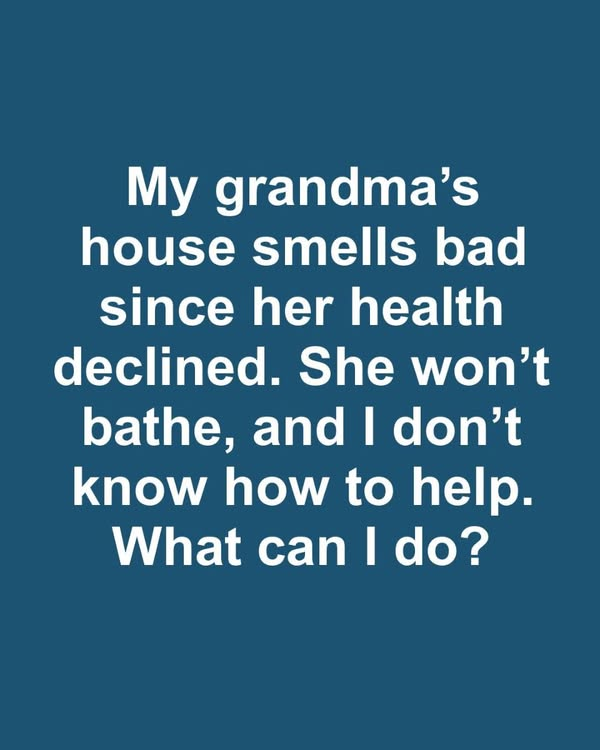
Caring for Elderly Loved Ones: Addressing Hygiene Challenges
As our dear ones age, caring for them brings new hurdles, especially when their health starts to fade. A common problem is a decline in personal hygiene, which can make their living space smell unpleasant. This is especially distressing when it’s about someone as beloved as a grandmother. Figuring out why this happens is key to finding a kind and effective fix.
The Importance of Hygiene for Health
Good hygiene is vital for both physical and mental health. Bad hygiene can cause skin infections, dental problems, and make one more prone to illness. It can also harm self – esteem and social life, leading to loneliness and depression. For the elderly, with their possibly weaker immune systems and limited movement, these issues are even more serious.
Talking with Compassion
When bringing up personal hygiene with an elderly loved one, we need to be sensitive and empathetic. Avoid judgment and criticism. Instead, focus on showing we care about their well – being. Using ‘I’ statements like ‘I noticed you might need some help with…’ can stop them from getting defensive and encourage open talk.
Finding the Root Causes
There are many reasons an elderly person might neglect hygiene. Physical problems like arthritis or balance issues can make bathing hard. Cognitive decline, depression, or not being aware of their situation can also be factors. Identifying these causes helps us solve the problem better.
Making a Helpful Environment
Creating a supportive space means making the home safe and easy for hygiene tasks. Install grab bars in the bathroom, put down non – slip mats, and keep bathing supplies within reach. Making your grandmother feel comfortable and respected is crucial for change.
Tips to Improve the Situation
- Be Sensitive When Discussing
Start the conversation in a private, cozy place. Use gentle words and show your love and support. - Visit Regularly
Frequent visits let you check on her hygiene and give her company and emotional support. You can also spot any health or living condition changes. - Get a Medical Check – up
Consult a healthcare pro to find any medical issues causing hygiene neglect. They can offer useful advice and suggest interventions. - Use Easy – to – Use Bathing Products
Try products for sensitive skin or those that are easy to use, like no – rinse body washes or wipes. They make bathing less intimidating. - Offer Daily Hygiene Help
If she’s okay with it, help with daily tasks like brushing teeth or washing hair. Just having someone around can make it less overwhelming. - Use Scented Items
Add lightly scented candles or air fresheners to cover bad smells. Pick scents she likes; they can also be calming. - Ask Family and Caregivers for Help
Involve other family members or professional caregivers. A team effort gives more complete support. - Look into Community Resources
Check out senior centers, adult day care, or home health services. They can offer more support and social time, improving her quality of life.
Conclusion: Caring with Love
Helping your grandmother with hygiene and well – being takes patience, kindness, and understanding. By taking action and using the right resources, you can keep her healthy and happy in her later years. Remember, it’s all about supporting her with love and respect, so she feels dignified and independent.